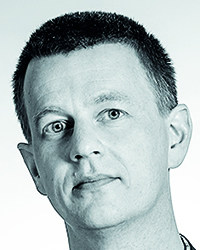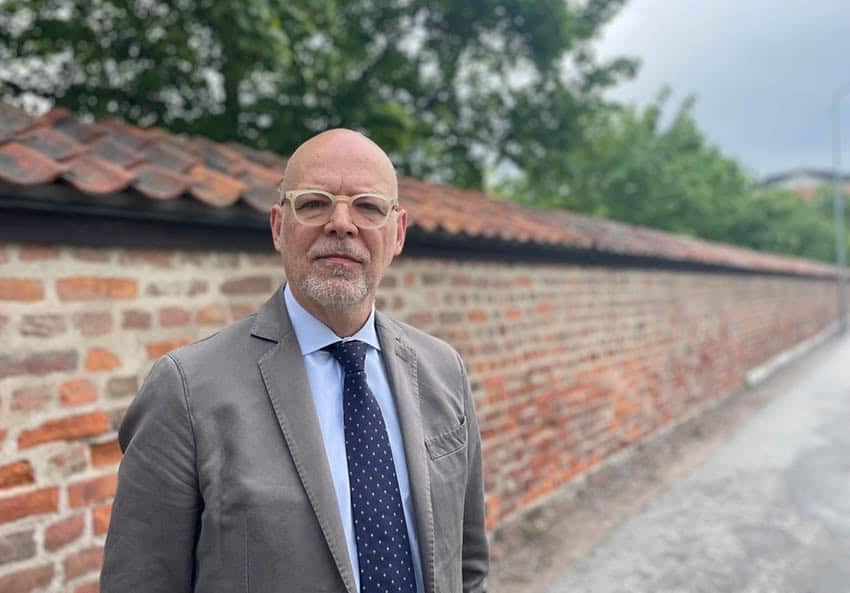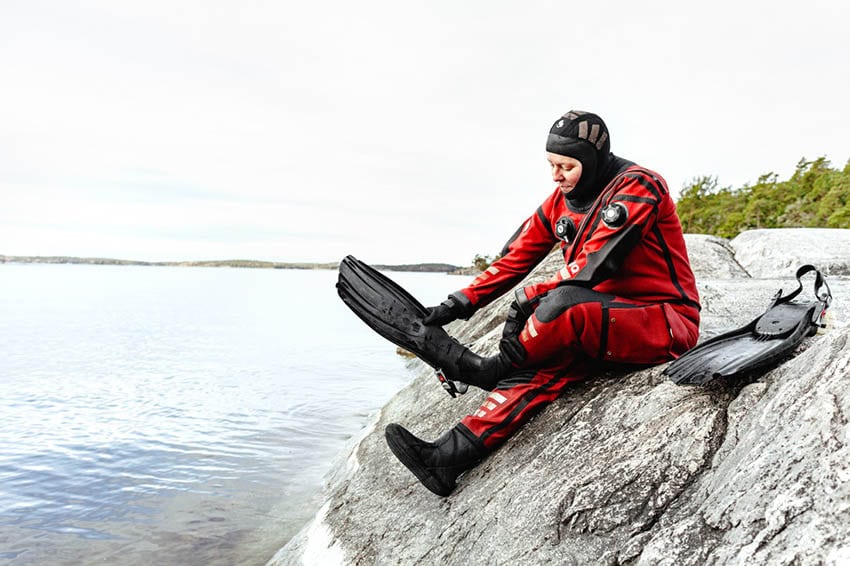In the 1950s and 1960s, non-academic technical research made up a large part of research in Sweden. The Swedish National Defence Research Institute had a larger research budget than the Royal Institute of Technology and Chalmers combined.
“Military research was huge,” says Per Lundin, who is an associate professor in the history of technology. “Technical science dominated, and a very large part of that was goal-oriented commissioned research.”

Per Lundin
Associate professor in the history of technology
From the late 1960s, this began to change. “What happened in the 1960s was that the universities began to grow and there was a shift in emphasis from goal-oriented research to basic research. Since then, the universities have grown further by taking on more and more externally funded commissioned research,” Lundin explains.
It has of course been a little different in different fields and at different universities. For example, Lundin has studied the development of agricultural science research in Sweden.
Much of this research was long divided between institutes that conducted applied, goal-oriented research for the agricultural and forestry industries. The Forestry College and Agricultural College had freer conditions with more room for curiosity-driven research.
“In the 1960s, those institutions were brought under the universities and finally, in 1977, everything was merged to form SLU, the Swedish University of Agricultural Sciences. This meant that the research conducted at the colleges, which largely consisted of free research, shifted more and more to applied research after the merger,” says Lundin.
As commissioned research ”moved in” to the universities, a conflict of goals arose. Within goal-oriented research, it is quite unproblematic to work with commissioned assignments. That view clashed with the view that research must be free and curiosity-driven, and that the researcher should choose what to research.
“We still see this clash between two different ways of looking at research as dependence on external funding grows. For certain types of researchers, academic freedom is less important,” says Per Lundin.
Curiosity-driven research forms a significantly smaller part of higher education institutions’ activities than it did 30 to 40 years ago. Can this trend be reversed?
“There is a need for commissioned research or goal-oriented research. I do not mean that such research should not exist, but perhaps it should be organised in other ways, for example through institutes. With that model, we would have smaller universities that focused more on free, curiosity-driven research.”
Another factor that restricts freedom within research is that it often needs to take place in the form of a project lasting around three years. That is linked to the requirements to evaluate researchers at regular intervals.
The state and other financiers need to know what they are getting for their money. Researchers have to jump through hoops, and that creates a jitteriness in research.
“The early research funding that came in project form in the 1940s and 1950s was more intended as extra money to catalyse new research. The idea was probably not that researchers would become dependent on project funding, as has become the case today,” says Lundin.
With some dexterity, researchers can find research funding from different places and combine several projects into something larger and more long-term.
“One model that could give individual researchers more freedom and scope to build up their research long term would be if there were higher requirements for entry into the world of research, but then once you are in, you are allowed to think long term.”



















